Greater Toronto Area builders endured another bruising month in May, selling just 345 new homes—64% fewer than a year earlier and fully 87% below the 10-year May norm of 2,749 units.
The shortfall extends an unprecedented eight-month stretch of record-low sales, eclipsing the six-month trough of the 1990-91 housing crash.
High-rise product bore the heaviest damage: only 137 condominium apartments changed hands, a 74% year-over-year decline and 93% beneath the decade average.
Sales of ground-oriented homes fared little better—208 detached, semi-detached and townhouse units, down 53% from last May and 74% below trend.
“May 2025 new home sales across the GTA remained at rock bottom levels,” said Altus Group research manager Edward Jegg. “Market conditions definitely are in the buyer’s favour right now—they just need the confidence to move ahead with their purchase.”
That confidence is proving elusive despite a modest relief in borrowing costs: the Bank of Canada has already pared its policy rate to 2.75%, the lowest since mid-2023.
Developers now hold 21,571 unsold units—16,384 condos and 5,187 single-family dwellings—equivalent to 17 months of supply at today’s anemic absorption rate. Price softness has followed: the benchmark new condo price slipped 2.2% year-over-year to $1.021 million, while the single-family benchmark fell 6.6% to $1.506 million.
“It’s pretty dire out there,” warned Justin Sherwood, senior vice-president at BILD. He projects that if sales do not recover, GTA housing starts could drop by up to 23,000 units by 2027, imperiling roughly 41,000 construction jobs and $10 billion in annual investment.
He added that today’s build-cost floor means prices “can’t go much lower,” even as a US trade-war overhang “has buyers spooked.”
BILD is urging governments to roll back development charges and scrap the HST on new homes, adding Ottawa’s proposed GST rebate for first-time buyers may help at the margin. Yet with immigration-fuelled demand expected to rebound and little product now entering the pipeline, the risk is a chronic supply squeeze—at sharply higher prices—even if rates and sentiment finally turn.
Information for this story was found via Toronto Star, Toronto Sun, and the sources mentioned. The author has no securities or affiliations related to the organizations discussed. Not a recommendation to buy or sell. Always do additional research and consult a professional before purchasing a security. The author holds no licenses.

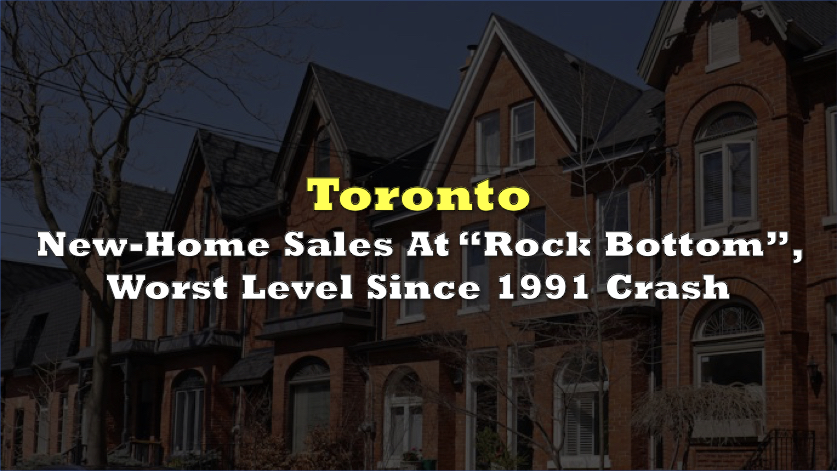



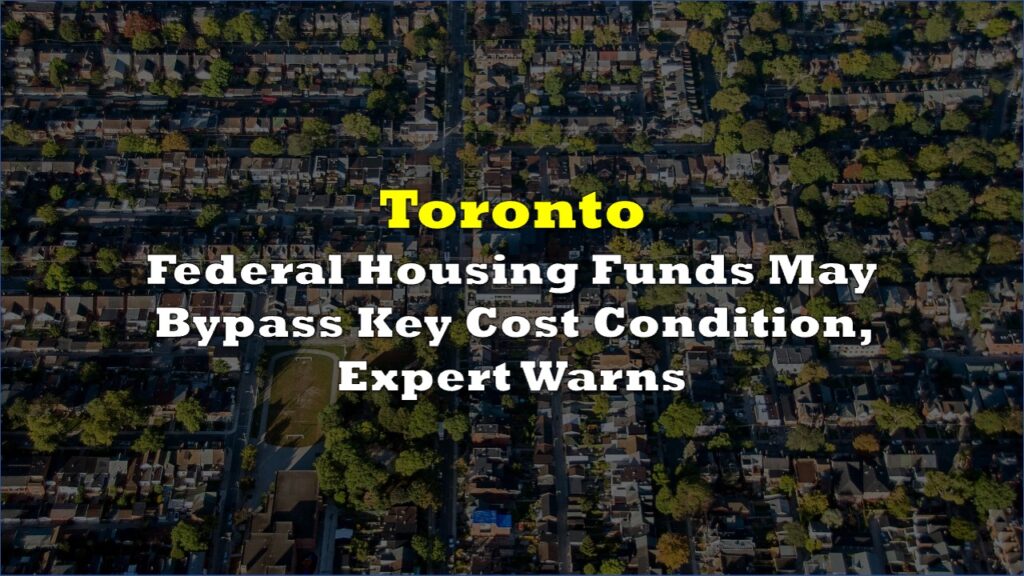
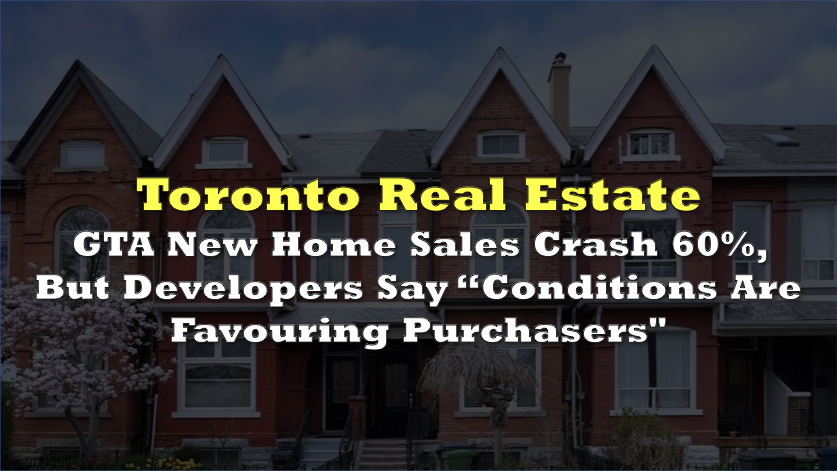
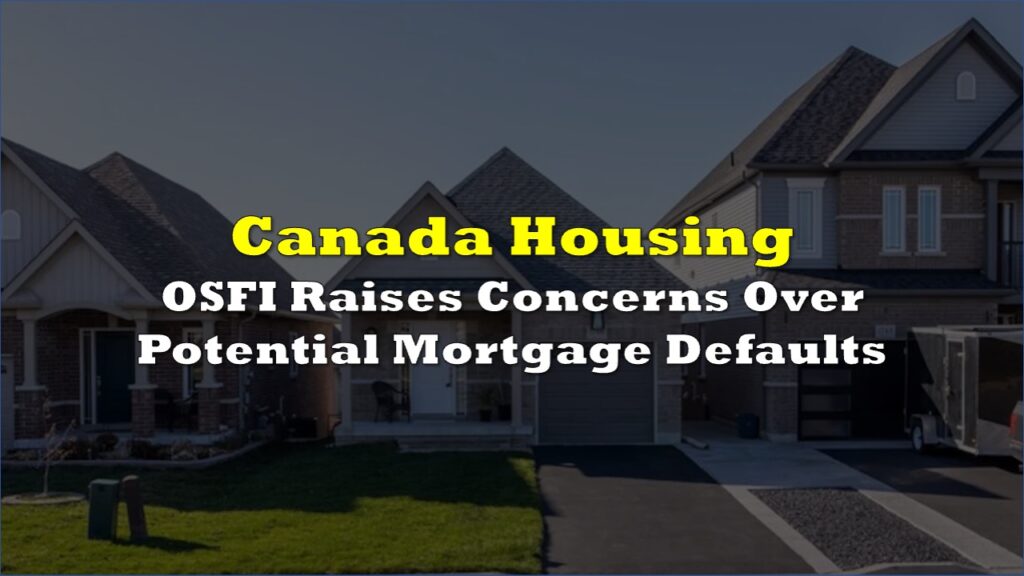
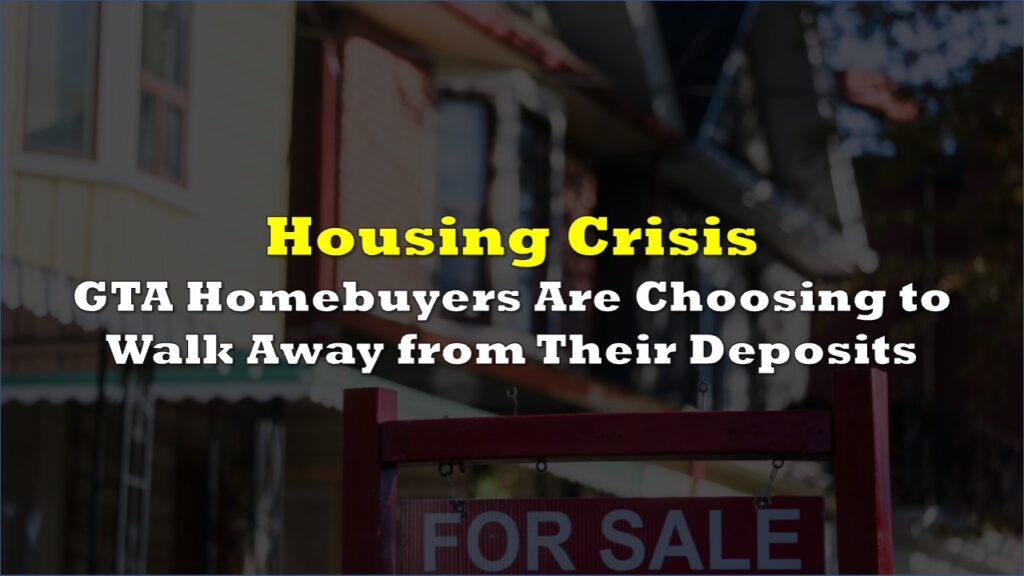
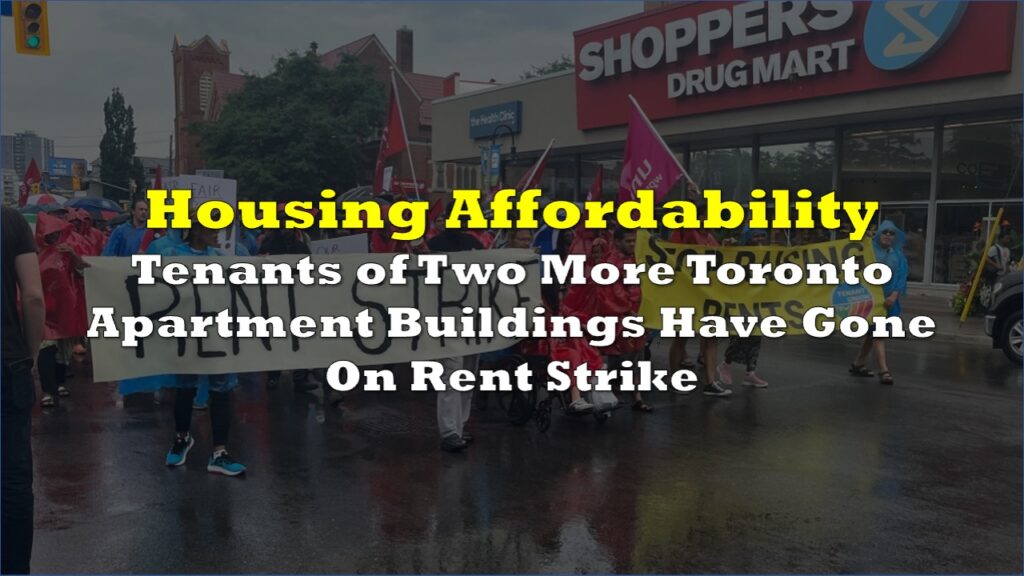
One Response
Stop excess immigration! It is distorting Canada’s economy and straining the infrastructure (hospitals, transportation, housing, amongst others).